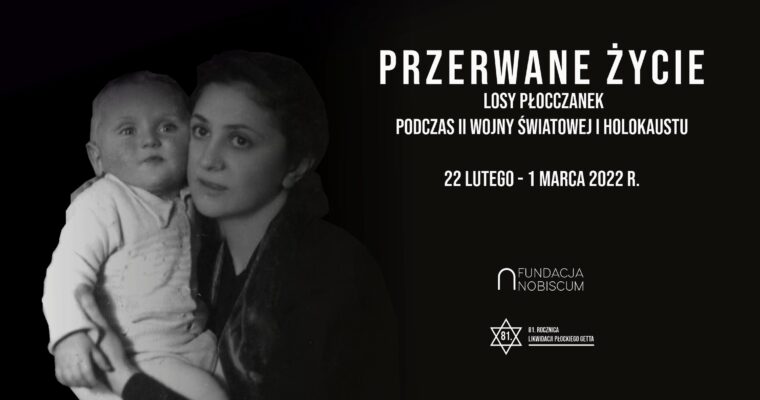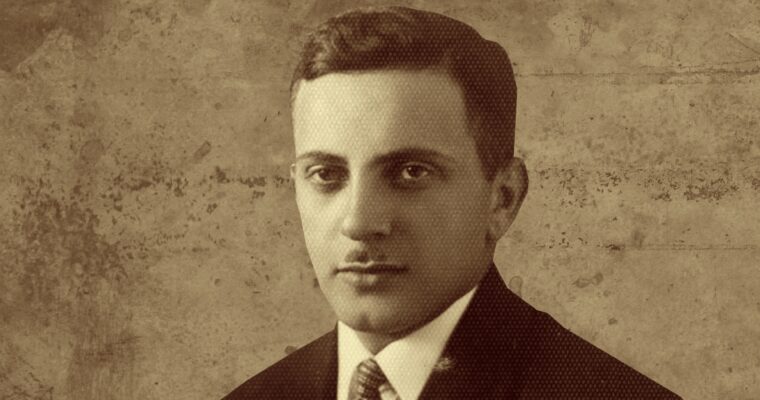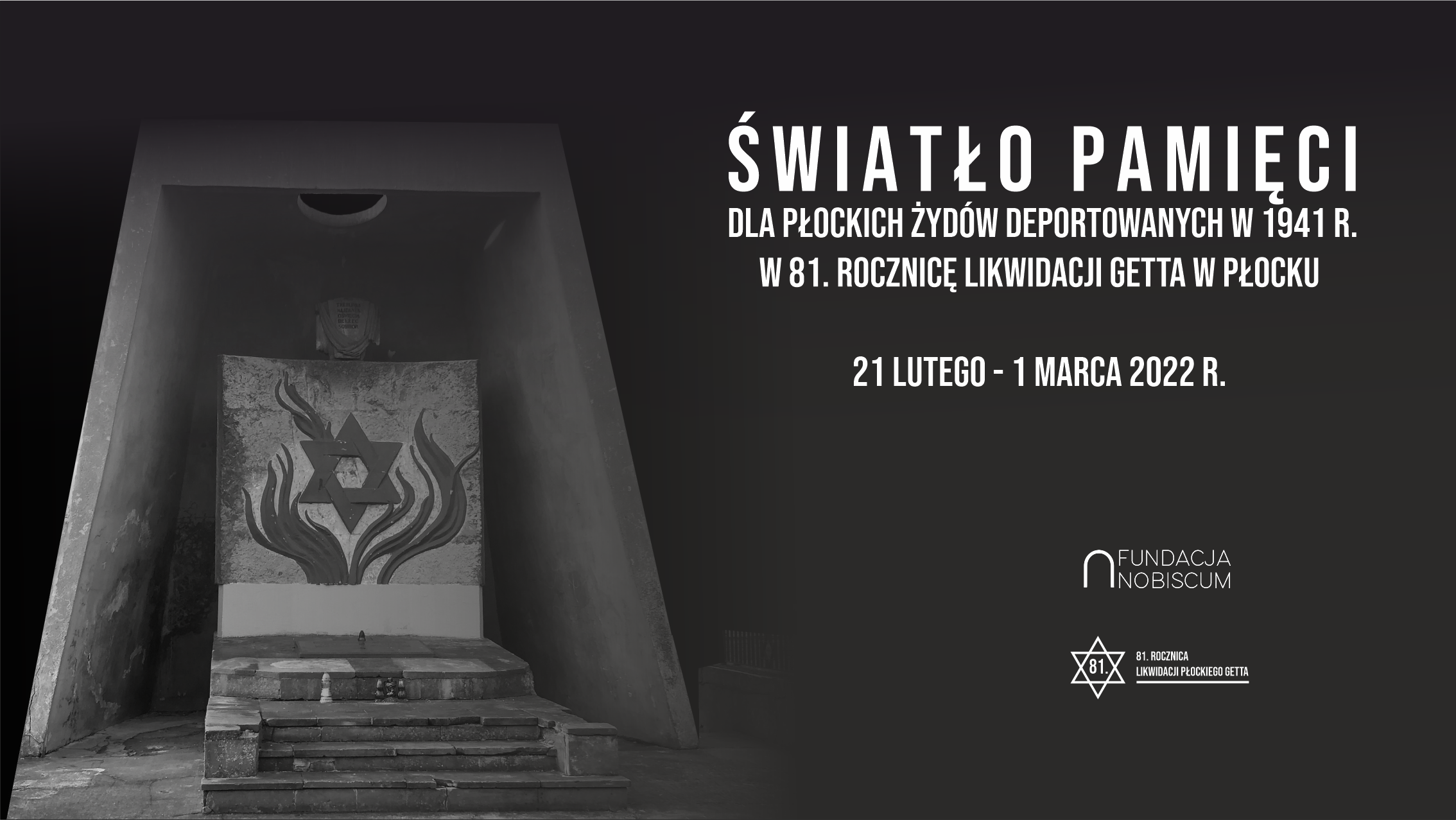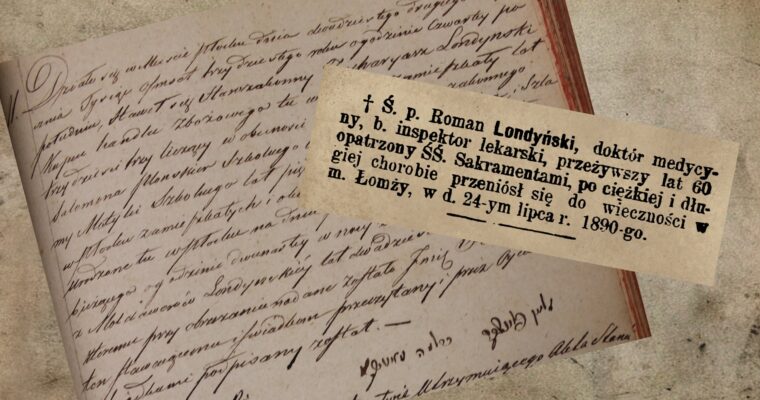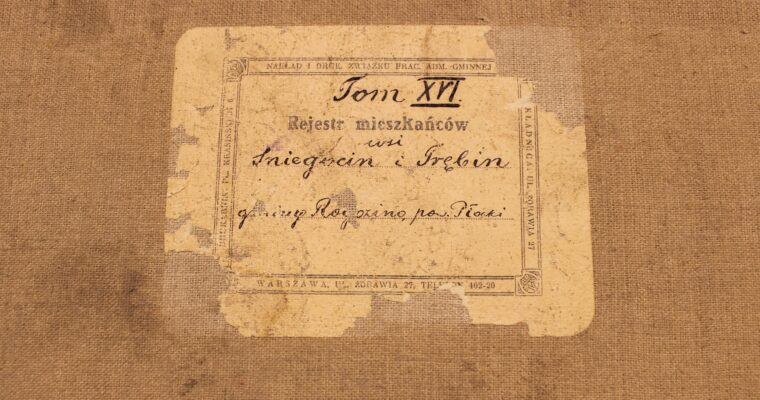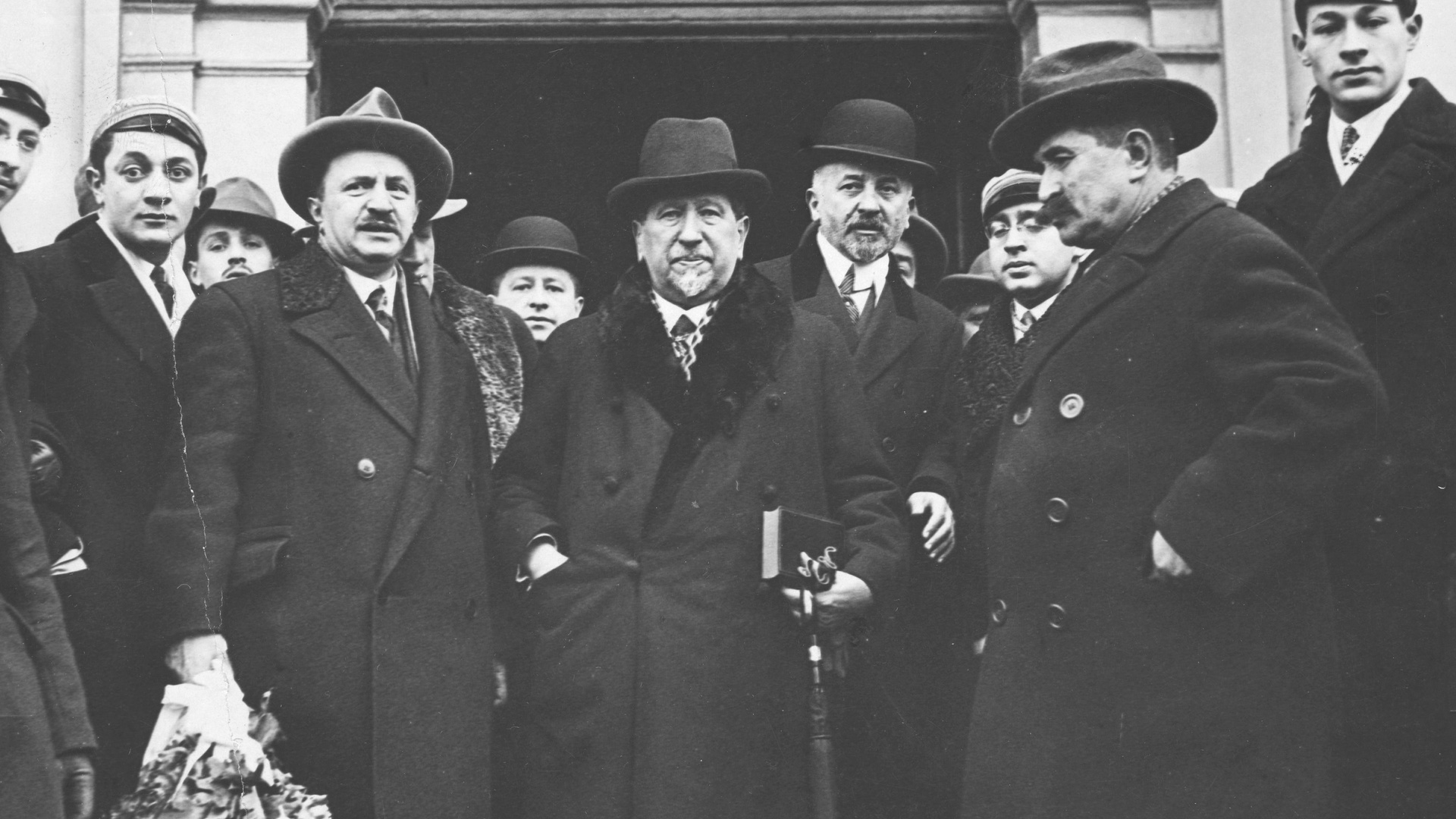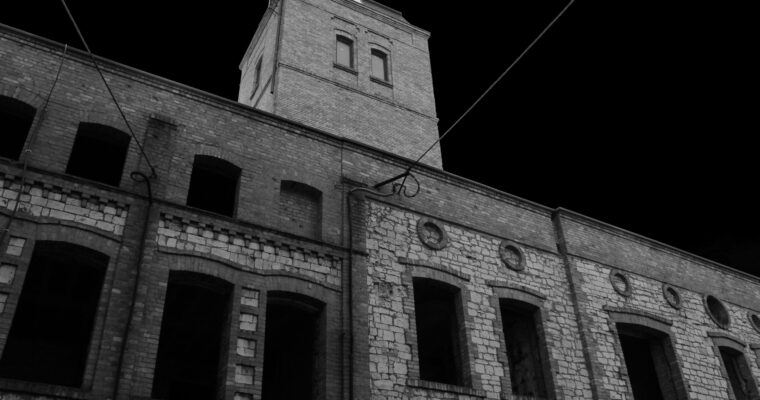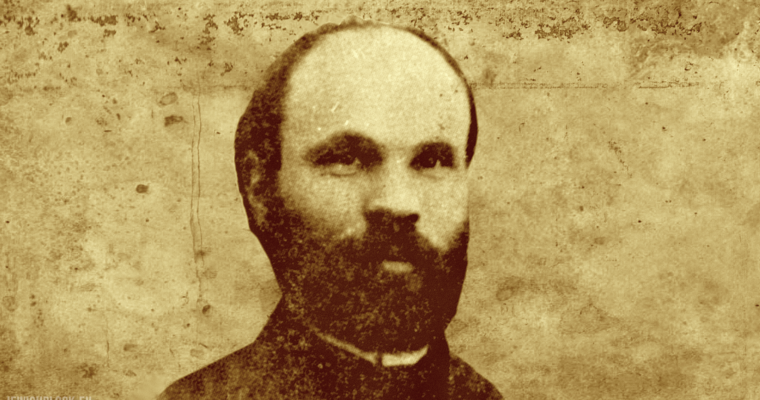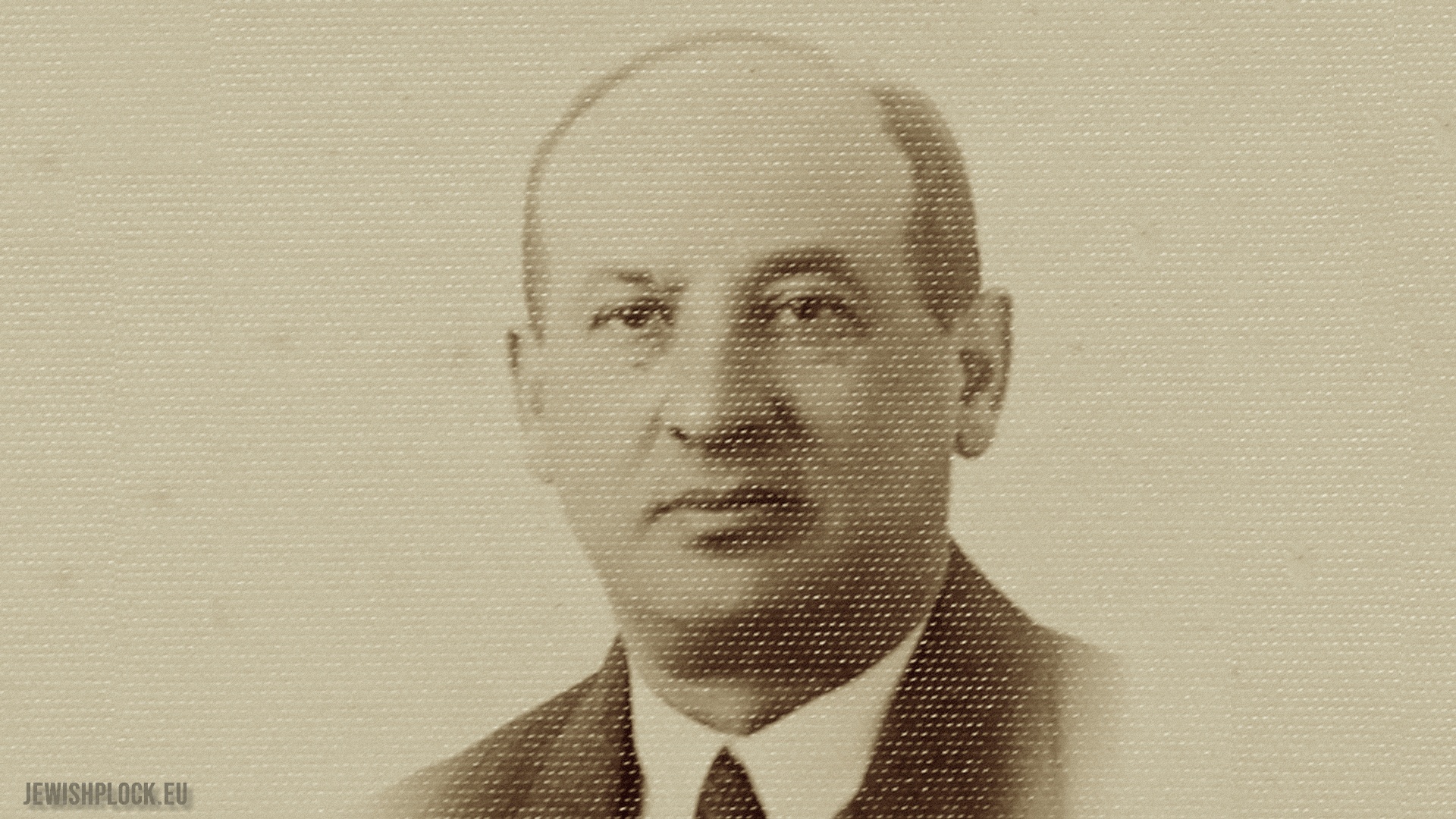Although Nachum Sokołow was born in Wyszogród, he spent his childhood and youth in Płock. The Old market Square, where he lived with his parents and siblings and studied Latin with professor Walenty Masłowski, Synagogalna Street and the Dancygier School, which he attended, the park behind the cathedral church, where he read classics and dreamed of ideals, or the building of the Płock theater, which does not exist today , in which he gave a lecture on the history and activities of the Zionist movement in the 1920s – these are just some of the places associated with “the most important Jew in the world”.
You can now listen to podcasts in Polish, English and Hebrew about Nachum Sokołow prepared by Philip Earl Steele and Jarosław Kociszewski as part of the project devoted to the founders of Zionism from Poland, in which we had the honor to participate recently.
Podcast in Polish:
Podcast in English:
Podcast in Hebrew:
You can also read about the project, Nachum Sokołow and his relations with Płock in an article published by Rzeczpospolita (in Polish), Israel Hayom (in Hebrew) and the Times of Israel (in English).
🇵🇱 https://www.rp.pl/plus-minus/art19076051-nahum-sokolow-najwazniejszy-zyd-swiata
🇮🇱 https://www.israelhayom.co.il/judaism/judaism-news/article/5886189
🇬🇧 https://blogs.timesofisrael.com/nahum-sokolow-the-worlds-most-important-jew/
It is worth adding that as part of the project by Philip Earl Steele and Jarosław Kociszewski, texts and podcasts about David Ben Gurion, David Gordon and rabbi Tzvi Hirsch Kalischer were published as well.
In the photo, the visit of the president of the World Zionist Organization, Nachum Sokołow, in Poland (with a book in the center) in 1929 (from the collection of the National Digital Archives)
